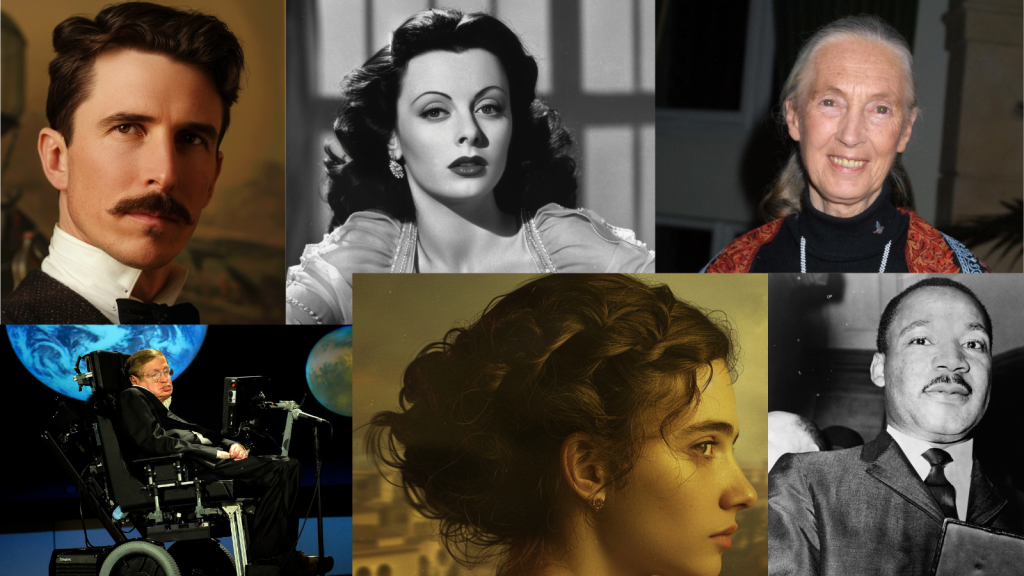History is filled with amazing individuals who have shaped our world in countless ways. From groundbreaking scientists to inspiring leaders, these people have left their mark on humanity. And “incredible” can be interpreted in so many ways. I really, really struggled to get a list of just 25 incredible historical figures. And I missed so many I just didn’t have room to add. But here are my final 25.
Marie Curie
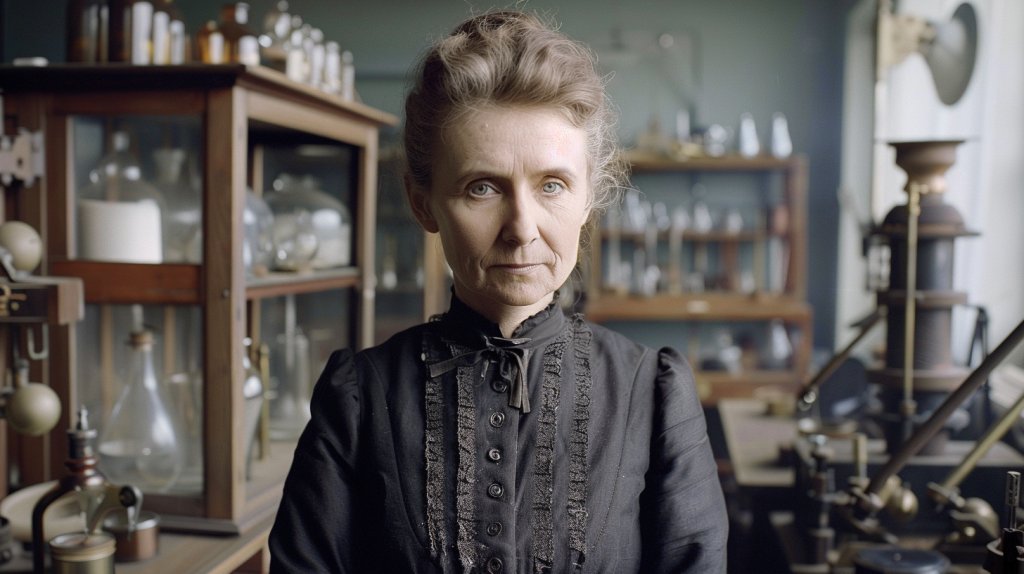
Marie Curie was a brilliant scientist who changed the world. She discovered two new elements, polonium and radium, and won Nobel Prizes in both Physics and Chemistry. Curie’s work with radioactivity led to major advances in medicine and technology. Her dedication to science was so strong that she often worked in dangerous conditions, which sadly led to her death from radiation exposure.
Mahatma Gandhi
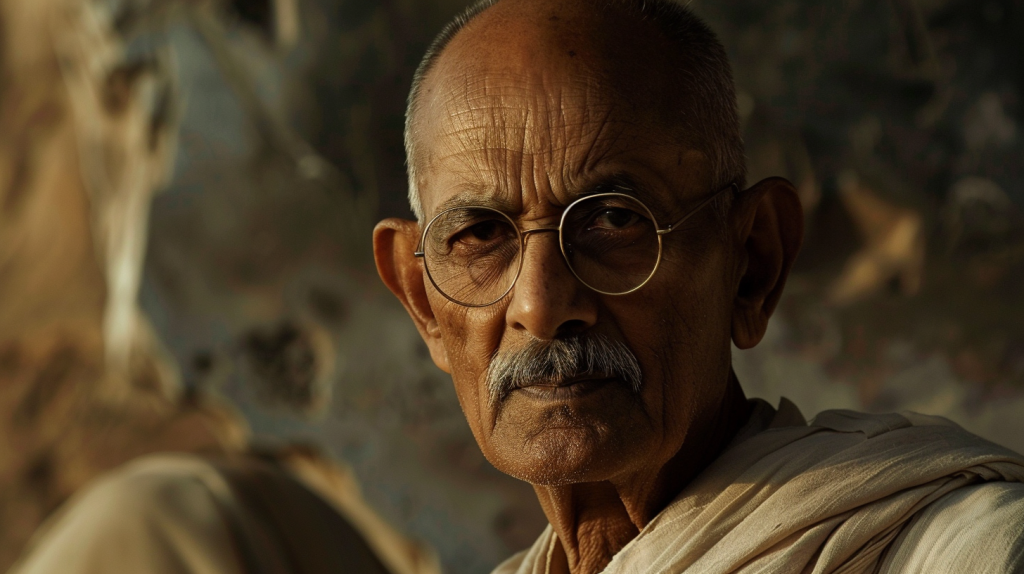
Mahatma Gandhi led India to independence through peaceful protest. He inspired millions with his message of non-violence and civil disobedience. Gandhi lived simply and encouraged others to do the same. His methods influenced civil rights movements around the world, including in the United States. Gandhi’s life ended tragically when he was assassinated, but his legacy of peaceful resistance lives on.
Leonardo da Vinci
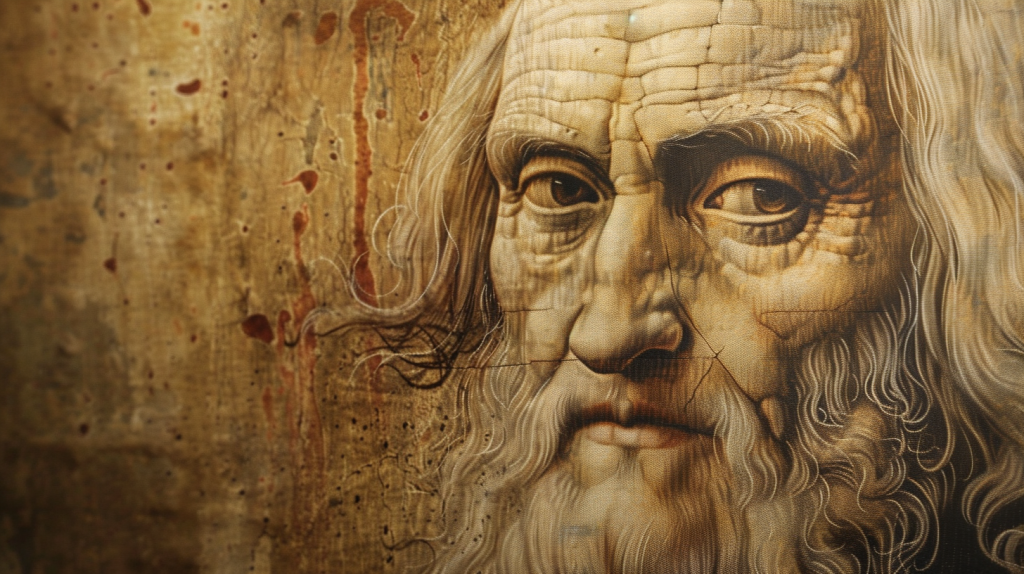
Leonardo da Vinci was a true Renaissance man. He excelled as a painter, inventor, scientist, and engineer. Da Vinci created masterpieces like the Mona Lisa and The Last Supper. He also designed flying machines and tanks centuries before they became reality. His curious mind led him to study anatomy, botany, and geology. Da Vinci’s notebooks are filled with ideas that were far ahead of his time.
Nelson Mandela
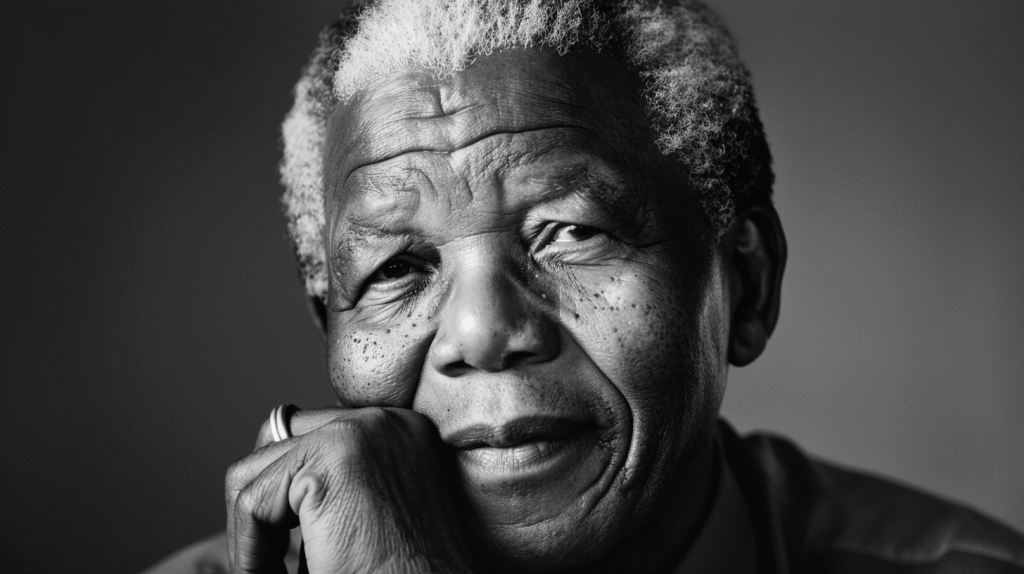
Nelson Mandela fought against apartheid in South Africa. He spent 27 years in prison for his beliefs but never gave up hope. After his release, Mandela became South Africa’s first Black president. He worked to heal his divided nation and promoted reconciliation. Mandela’s courage and forgiveness inspired people around the world.
Marie Antoinette
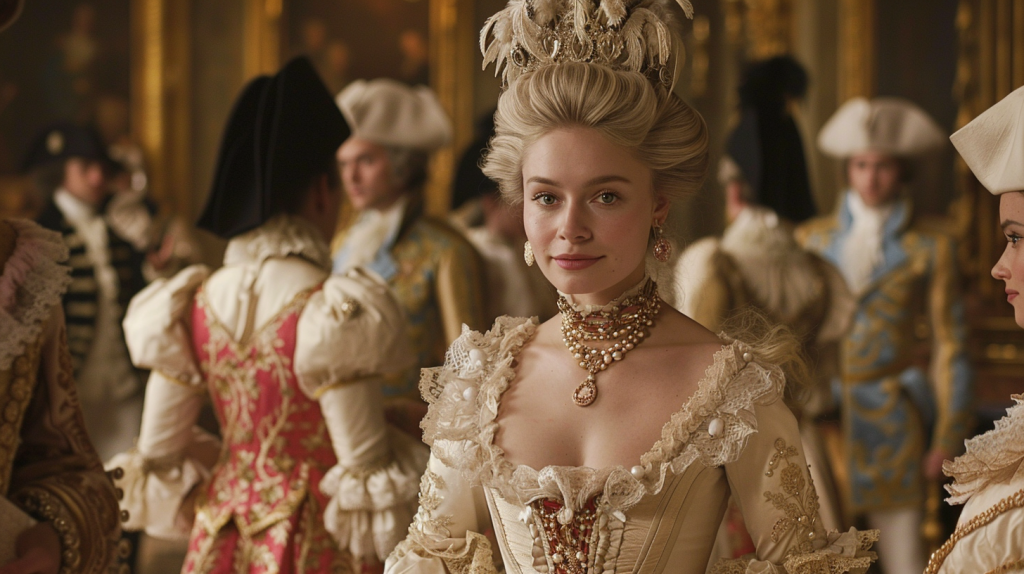
Marie Antoinette was the last Queen of France before the French Revolution. She lived a life of luxury at Versailles while many French people struggled with poverty. Marie Antoinette became a symbol of the excesses of the monarchy. She faced many challenges, including difficulty having children and political opposition. Her life ended tragically when she was executed during the Revolution.
Albert Einstein
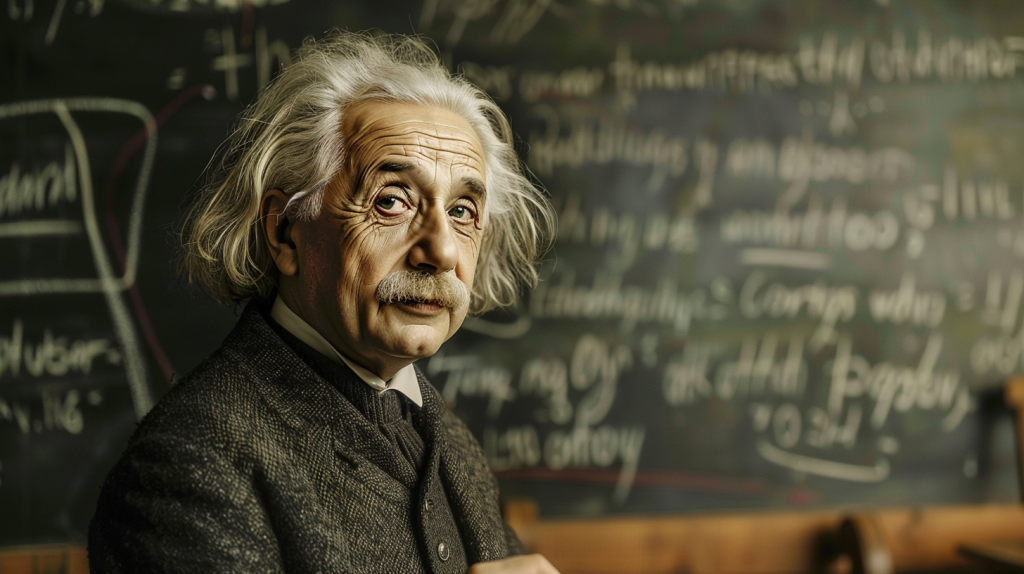
Albert Einstein revolutionized our understanding of the universe. He developed the theory of relativity, which changed how we think about space and time. Einstein’s famous equation E=mc² showed that energy and matter are connected. He won the Nobel Prize in Physics for his work on the photoelectric effect. Einstein’s wild hair and playful personality made him a popular figure beyond the world of science.
Cleopatra
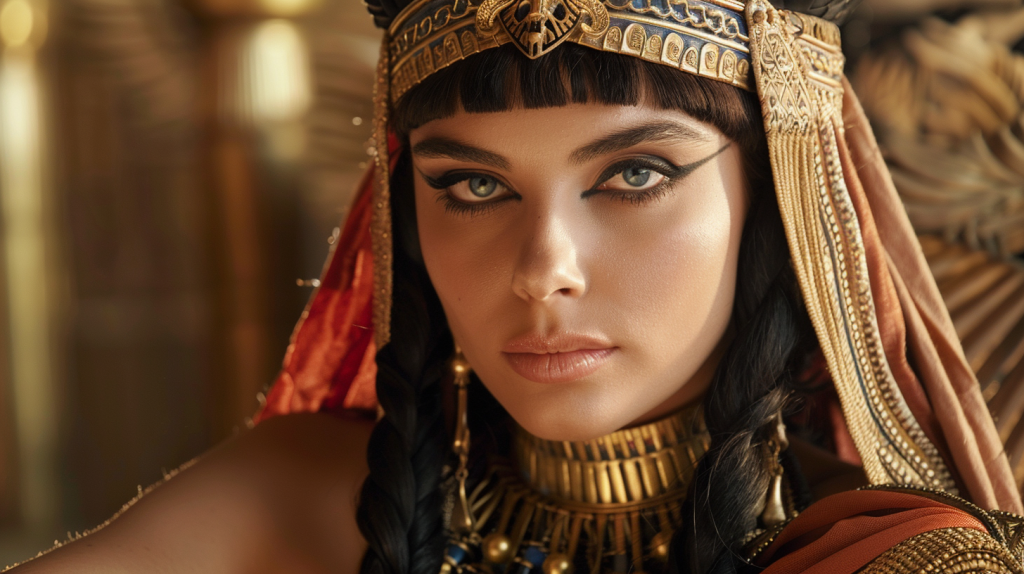
Cleopatra was the last active ruler of ancient Egypt. She was known for her intelligence and political skill. Cleopatra formed alliances with Roman leaders Julius Caesar and Mark Antony. She worked to protect Egypt’s independence during a time of Roman expansion. Cleopatra’s life has inspired countless stories and legends, though many are not historically accurate.
William Shakespeare
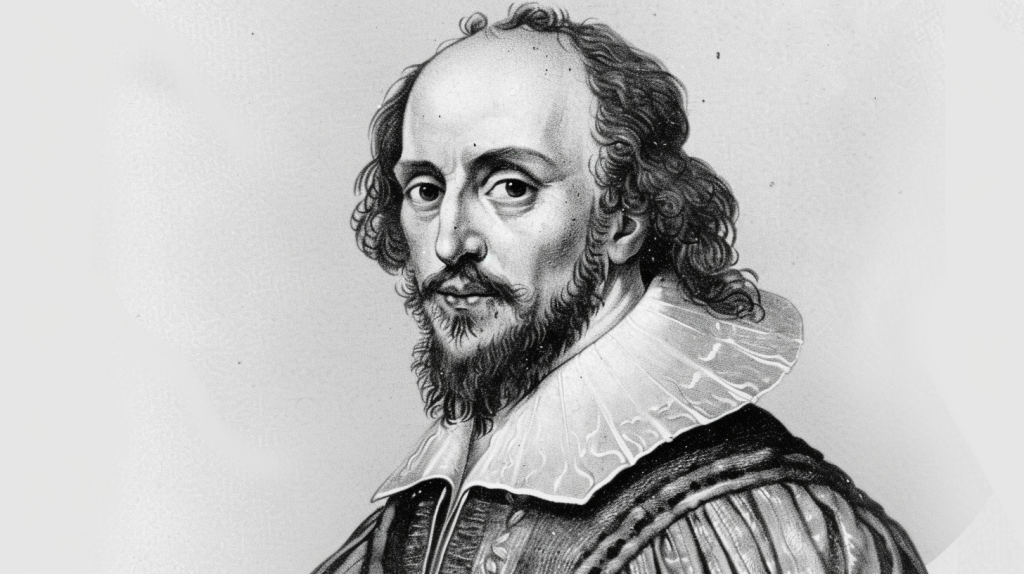
William Shakespeare is considered the greatest playwright in the English language. He wrote famous plays like Romeo and Juliet, Hamlet, and Macbeth. Shakespeare’s works explore timeless themes of love, power, and human nature. He invented hundreds of words and phrases we still use today. Shakespeare’s plays continue to be performed and studied around the world.
Mother Teresa
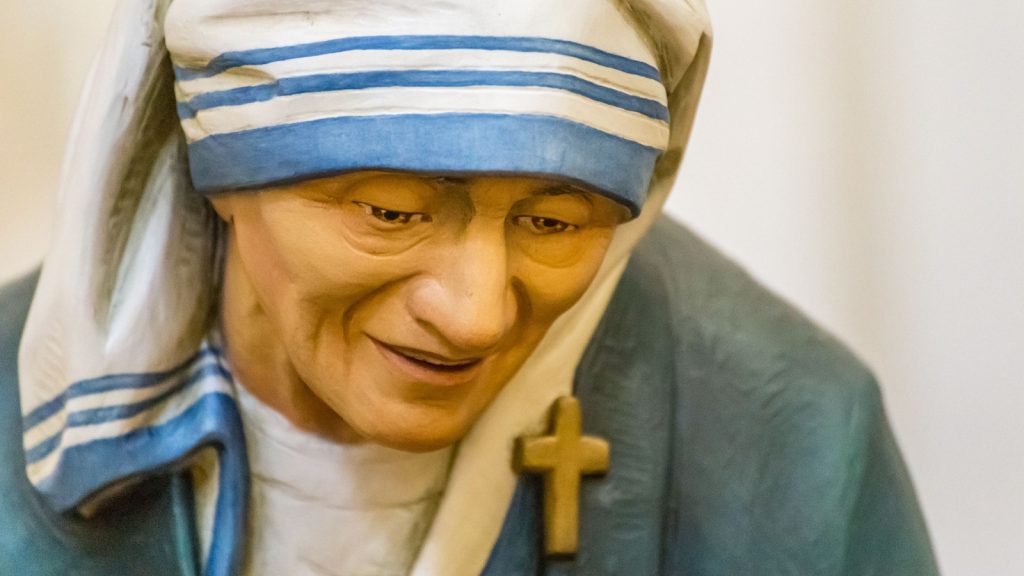
Mother Teresa dedicated her life to helping the poor and sick. She founded the Missionaries of Charity in Calcutta, India. Mother Teresa and her followers cared for people others often ignored. She won the Nobel Peace Prize for her work. Mother Teresa’s selfless dedication inspired many, though some have criticized aspects of her work.
Martin Luther King Jr.
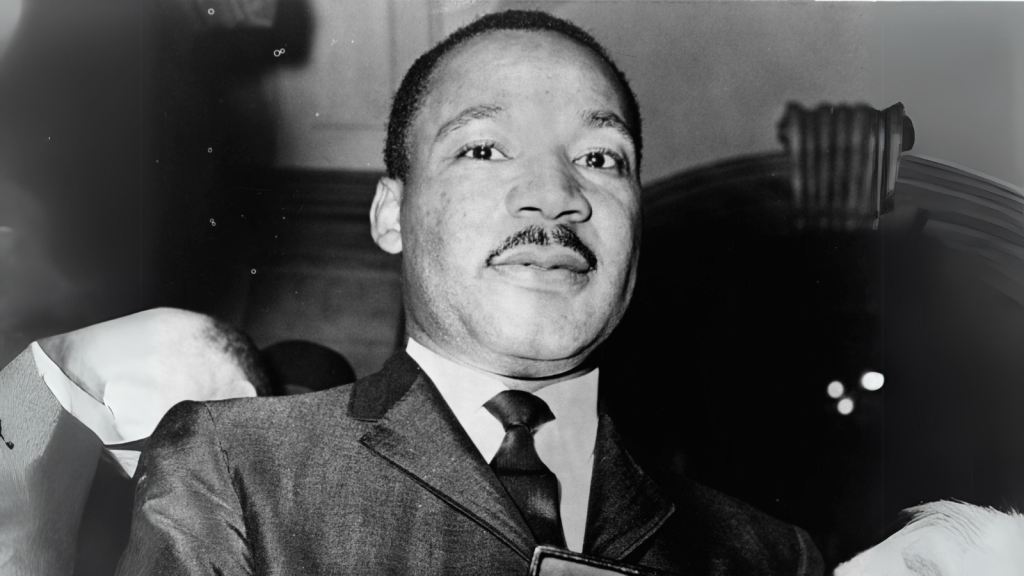
Martin Luther King Jr. was a leader in the American civil rights movement. He fought for equality and justice using non-violent methods. King’s “I Have a Dream” speech is one of the most famous in history. He helped pass important civil rights laws in the United States. King was assassinated in 1968, but his vision of racial harmony continues to inspire people today.
Frida Kahlo
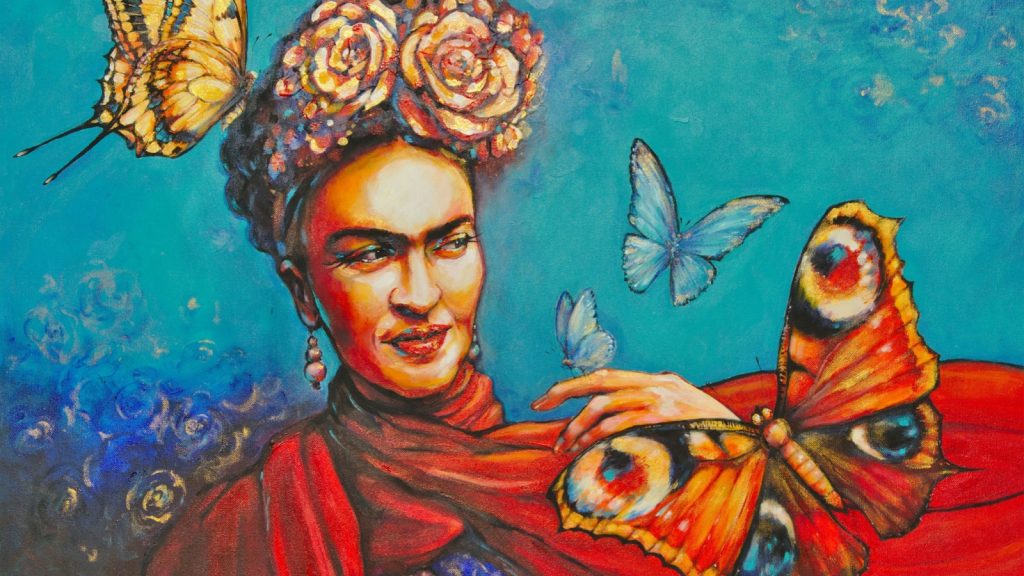
Frida Kahlo was a Mexican artist known for her striking self-portraits. She overcame serious injuries from a bus accident to become a renowned painter. Kahlo’s work often explored themes of identity, pain, and Mexican culture. She challenged traditional ideas about gender and sexuality. Kahlo’s bold style and personal strength have made her an icon for many.
Charles Darwin
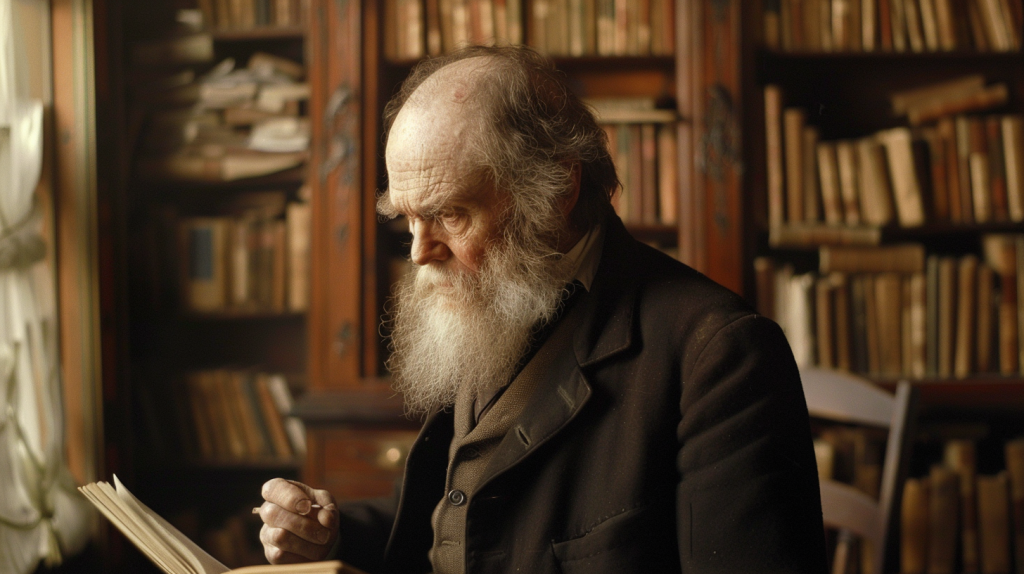
Charles Darwin developed the theory of evolution by natural selection. His ideas revolutionized our understanding of how life on Earth changes over time. Darwin’s book “On the Origin of Species” explained how species adapt to their environments. His work faced strong opposition from religious leaders but is now a cornerstone of biology. Darwin’s curious nature led him to study everything from barnacles to human emotions.
Joan of Arc
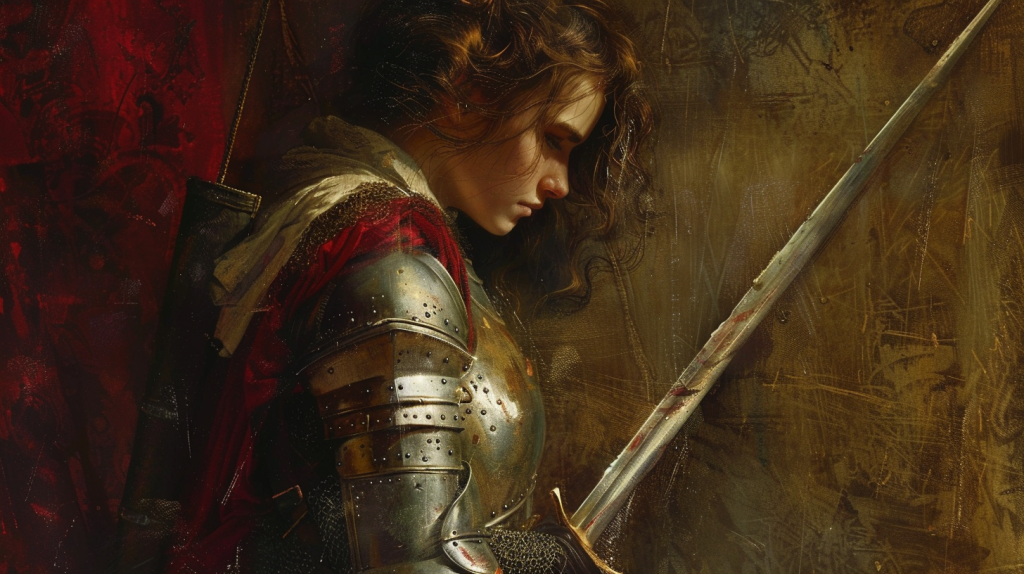
Joan of Arc was a French peasant girl who became a military leader. She claimed to receive visions from God telling her to help France in the Hundred Years’ War. Joan led French troops to several victories against the English. She was captured and burned at the stake for heresy at the age of 19. Joan of Arc later became a saint and a symbol of French nationalism.
Galileo Galilei
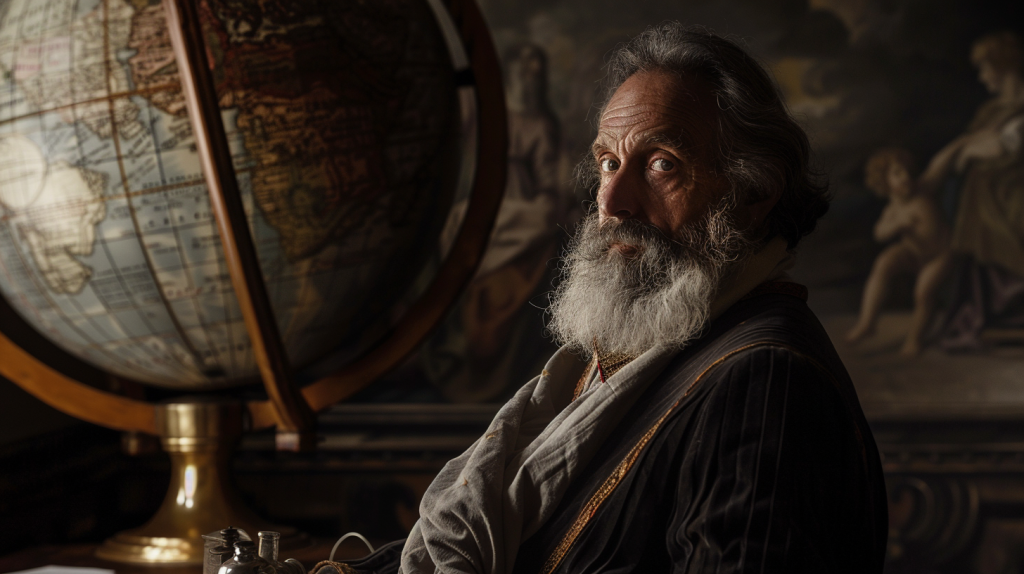
Galileo Galilei made groundbreaking discoveries in physics and astronomy. He improved the telescope and made important observations of the night sky. Galileo provided evidence that Earth revolves around the Sun, challenging the accepted view of the time. His ideas got him into trouble with the Catholic Church, and he was put under house arrest. Galileo’s work laid the foundation for modern science.
Rosa Parks
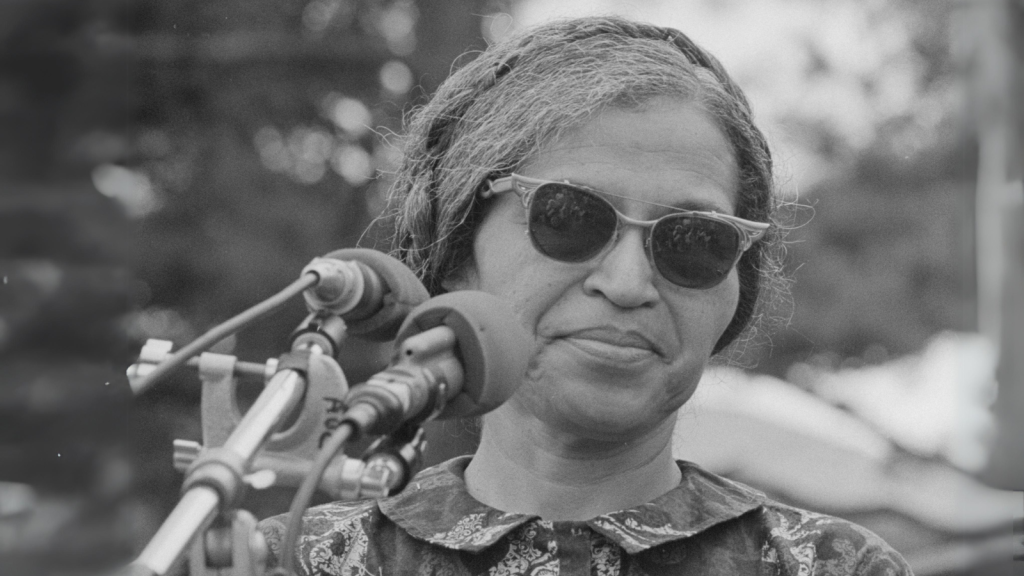
Rosa Parks sparked the Montgomery Bus Boycott by refusing to give up her bus seat to a white passenger. Her act of civil disobedience became a symbol of the civil rights movement. Parks faced arrest and threats for her stand against segregation. She continued to work for racial equality throughout her life. Parks’ courage helped change unjust laws and inspired others to take action.
Florence Nightingale
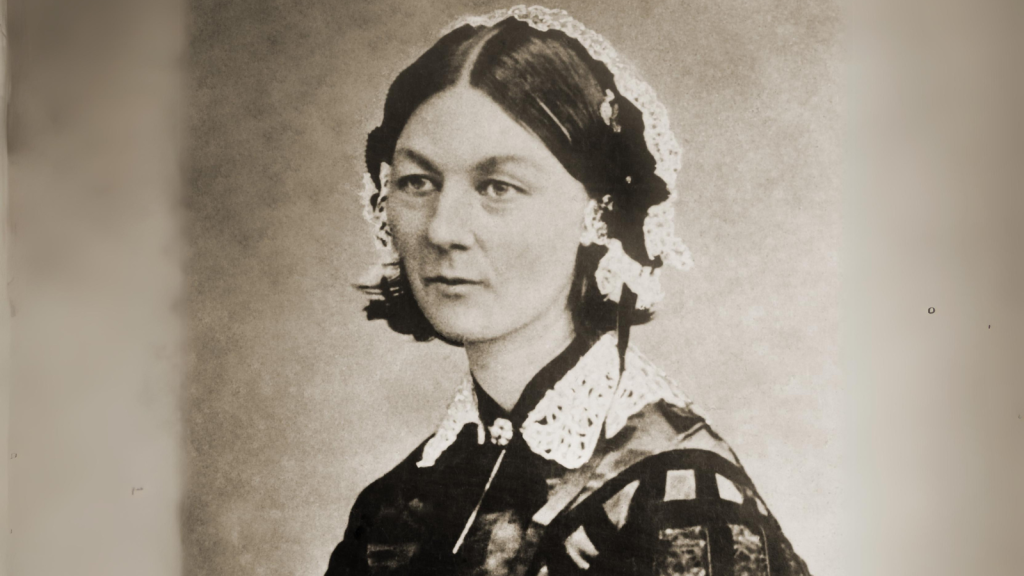
Florence Nightingale revolutionized nursing and health care. She improved conditions in military hospitals during the Crimean War, dramatically reducing death rates. Nightingale used statistics to show the impact of better sanitation on patient health. She founded the first professional nursing school and wrote influential books on hospital management. Nightingale’s work laid the foundation for modern nursing practices and public health policies.
Nikola Tesla
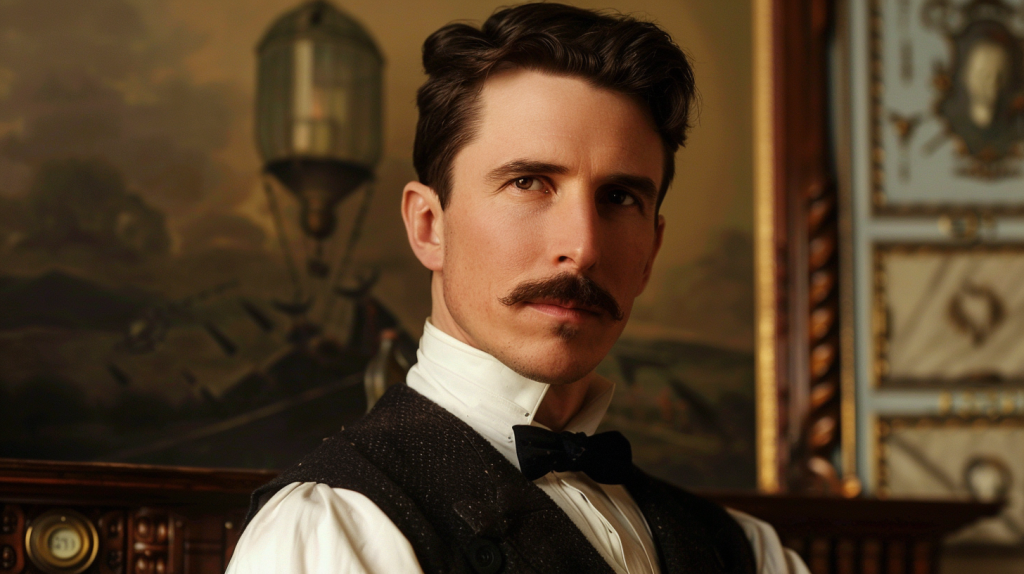
Nikola Tesla was a brilliant inventor who helped shape our modern world. He developed alternating current (AC) electricity, which powers our homes and businesses today. Tesla created early versions of X-ray machines, radio, and remote control. He had a remarkable ability to visualize his inventions in his mind before building them. Despite his genius, Tesla died poor and largely forgotten, though his legacy has been rediscovered in recent years.
Harriet Tubman
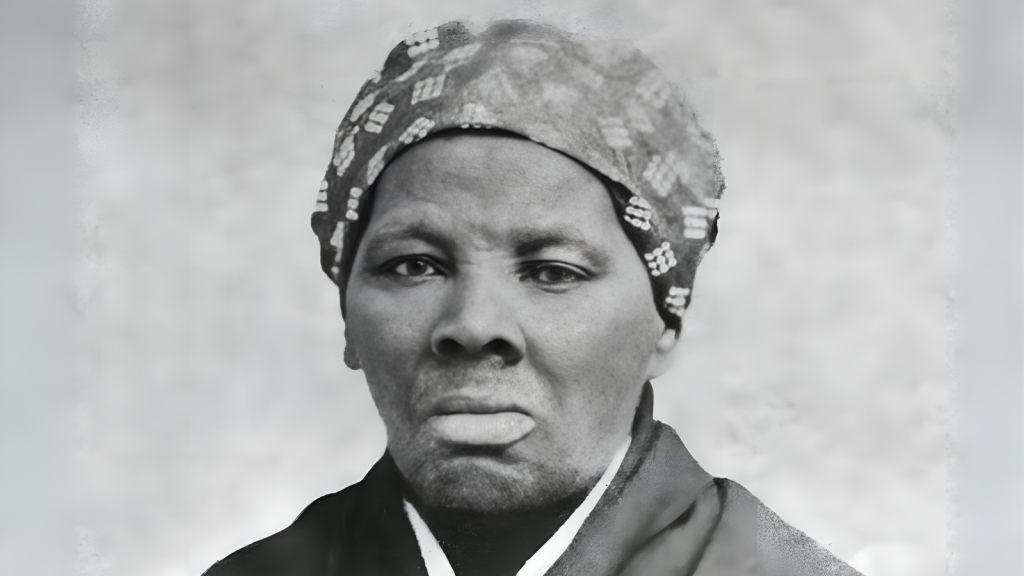
Harriet Tubman was a hero of the Underground Railroad. She escaped slavery herself and then made many dangerous trips back to the South to lead others to freedom. Tubman served as a spy and scout for the Union Army during the Civil War. She later became an activist for women’s suffrage. Tubman’s courage and determination in the face of great danger earned her the nickname “Moses” among those she helped.
Vincent van Gogh
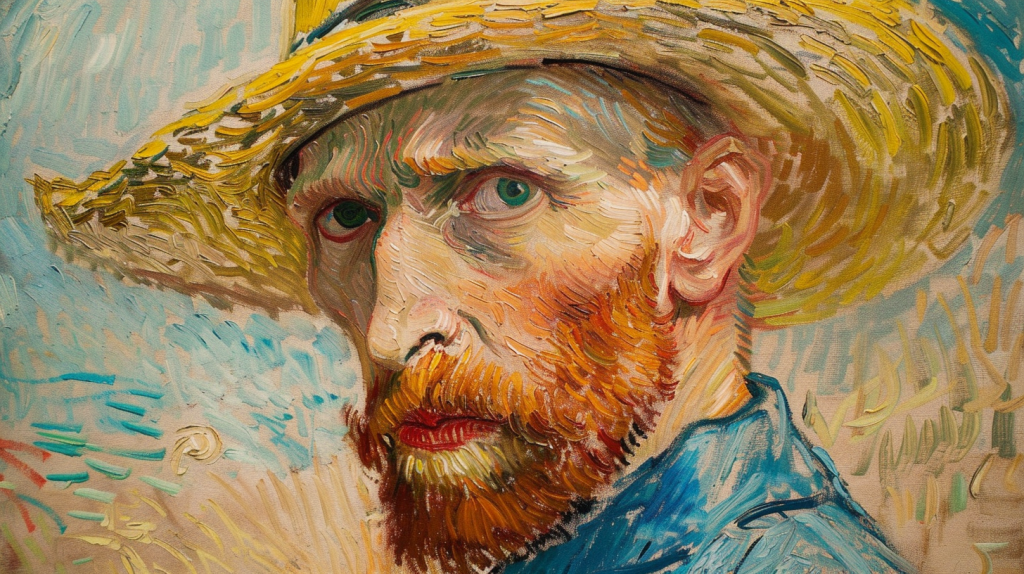
Vincent van Gogh created some of the world’s most beloved paintings. He developed a unique style with bold colors and expressive brushstrokes. Van Gogh struggled with mental illness and poverty throughout his life. He only sold one painting while alive but is now considered one of the greatest artists in history. Van Gogh’s passion for his art and his tragic life story continue to fascinate people today.
Ada Lovelace
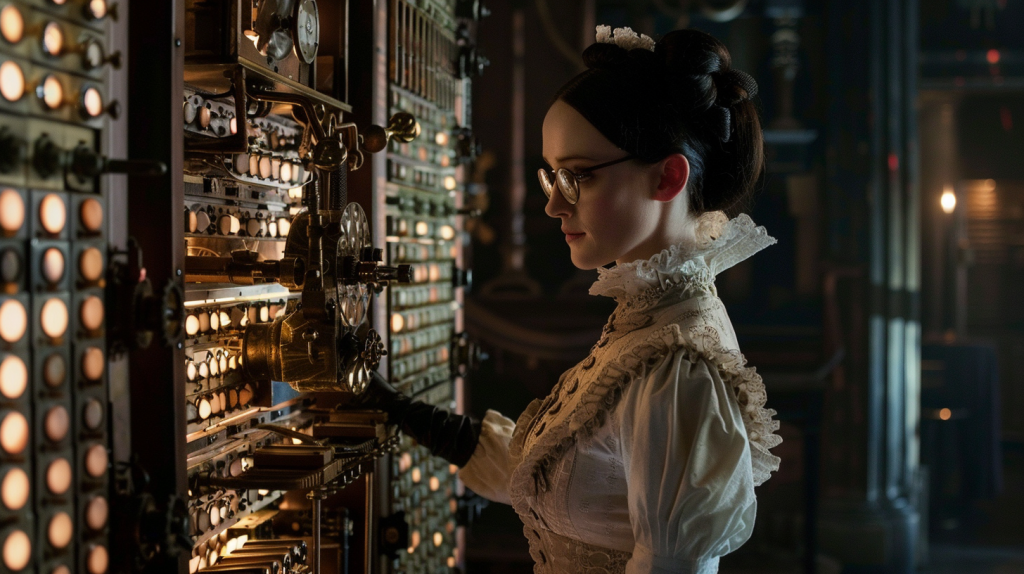
Ada Lovelace is considered the world’s first computer programmer. She worked with Charles Babbage on his early mechanical computer, the Analytical Engine. Lovelace wrote an algorithm for the machine, making her the first person to recognize the full potential of computers. She understood that computers could be used for more than just calculations. Lovelace’s vision of computing was far ahead of her time and laid the groundwork for modern computer science.
Stephen Hawking
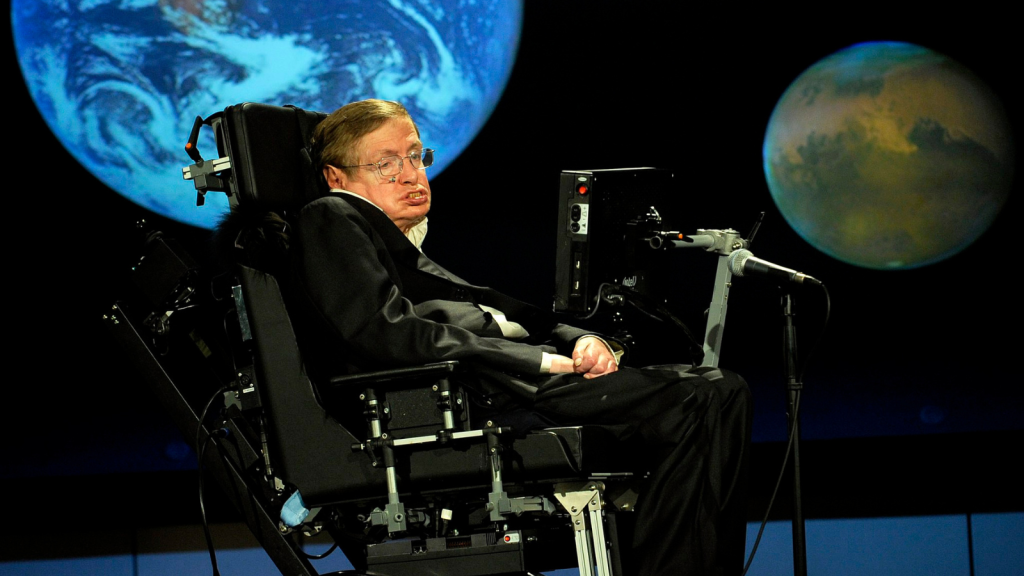
Stephen Hawking made groundbreaking discoveries about black holes and the universe. He developed theories about how the universe began and how it might end. Hawking lived with a rare form of motor neuron disease for most of his life. He communicated using a speech-generating device and became a symbol of the power of the human mind. Hawking’s books made complex scientific ideas accessible to millions of readers.
Jane Goodall
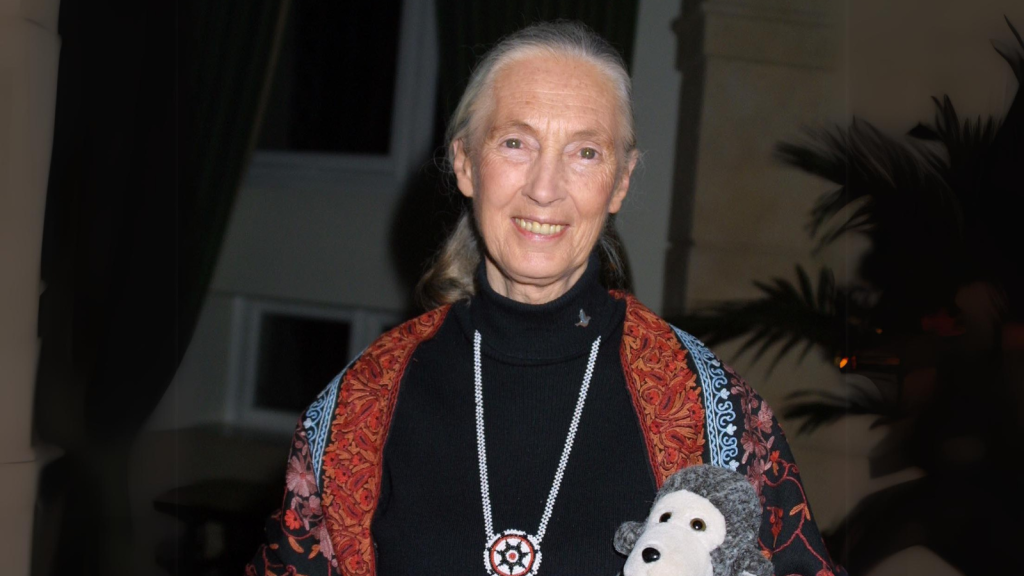
Jane Goodall revolutionized our understanding of chimpanzees and their relationship to humans. She was the first person to observe chimps using tools in the wild. Goodall’s research showed that chimps have complex social lives and individual personalities. She has become a leading voice for conservation and animal welfare. Goodall’s work has inspired generations of scientists and nature lovers to protect our closest animal relatives and their habitats.
Hypatia of Alexandria
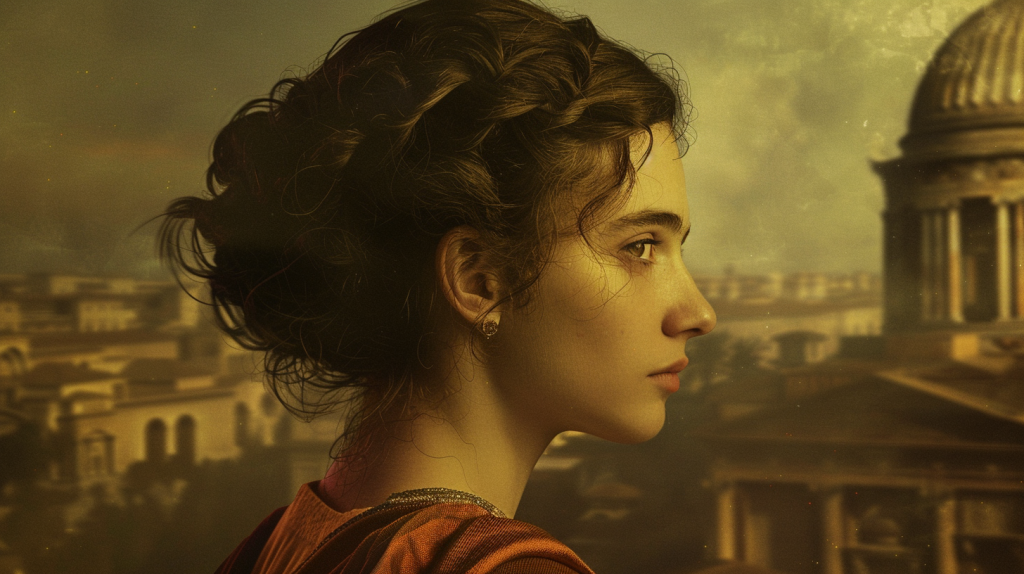
Hypatia was a renowned philosopher, mathematician, and astronomer in ancient Alexandria. Living during the late 4th and early 5th centuries, she was one of the first women to make significant contributions to mathematics and astronomy. Hypatia taught and wrote on topics such as geometry, algebra, and the motions of celestial bodies. She became a symbol of learning and science, embodying the intellectual spirit of the Library of Alexandria. Her tragic death at the hands of a mob in 415 CE marked the decline of classical scholarship in Alexandria, but her legacy as a pioneering woman in science and philosophy endures.
Simón Bolívar
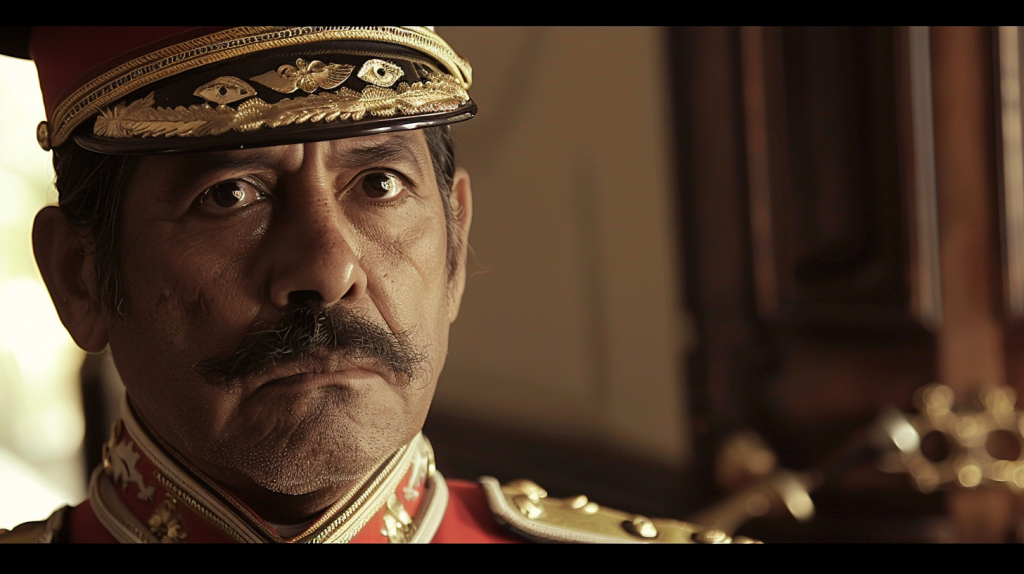
Simón Bolívar was a military and political leader who played a crucial role in Latin America’s successful struggle for independence from the Spanish Empire. Known as “El Libertador,” Bolívar led numerous campaigns that resulted in the liberation of present-day Venezuela, Colombia, Ecuador, Peru, and Bolivia (which is named after him). His vision of a united Latin America and his tireless efforts in pursuit of independence make him one of the most influential figures in the history of the Americas. Bolívar’s legacy is celebrated throughout Latin America, where he is regarded as a symbol of freedom and unity.
Hedy Lamarr
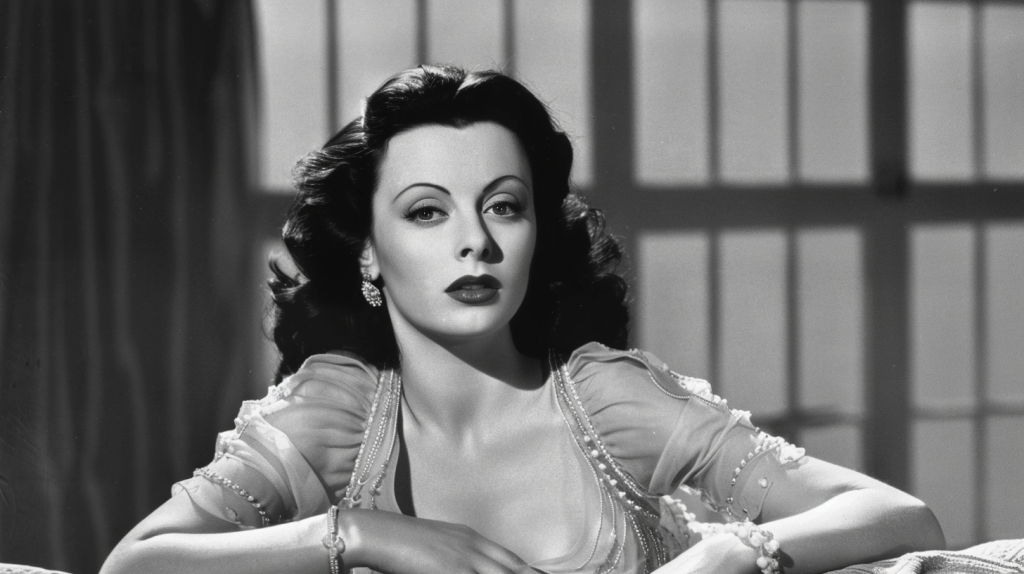
Hedy Lamarr was an Austrian-American actress and inventor whose pioneering work in technology has had a lasting impact. While she gained fame as a Hollywood star in the 1930s and 1940s, Lamarr’s lesser-known contribution to science was her co-invention of a frequency-hopping spread spectrum technique. This technology, originally intended to make radio-guided torpedoes harder for enemies to detect or jam during World War II, later became the foundation for modern wireless communication technologies, including Bluetooth and Wi-Fi. Lamarr’s dual legacy as a glamorous actress and a brilliant inventor highlights her remarkable versatility and intelligence.
Katy Willis is a writer, master herbalist, master gardener, and certified canine nutritionist who has been writing since 2002. She’s finds joy in learning new and interesting things, and finds history, science, and nature endlessly fascinating.
